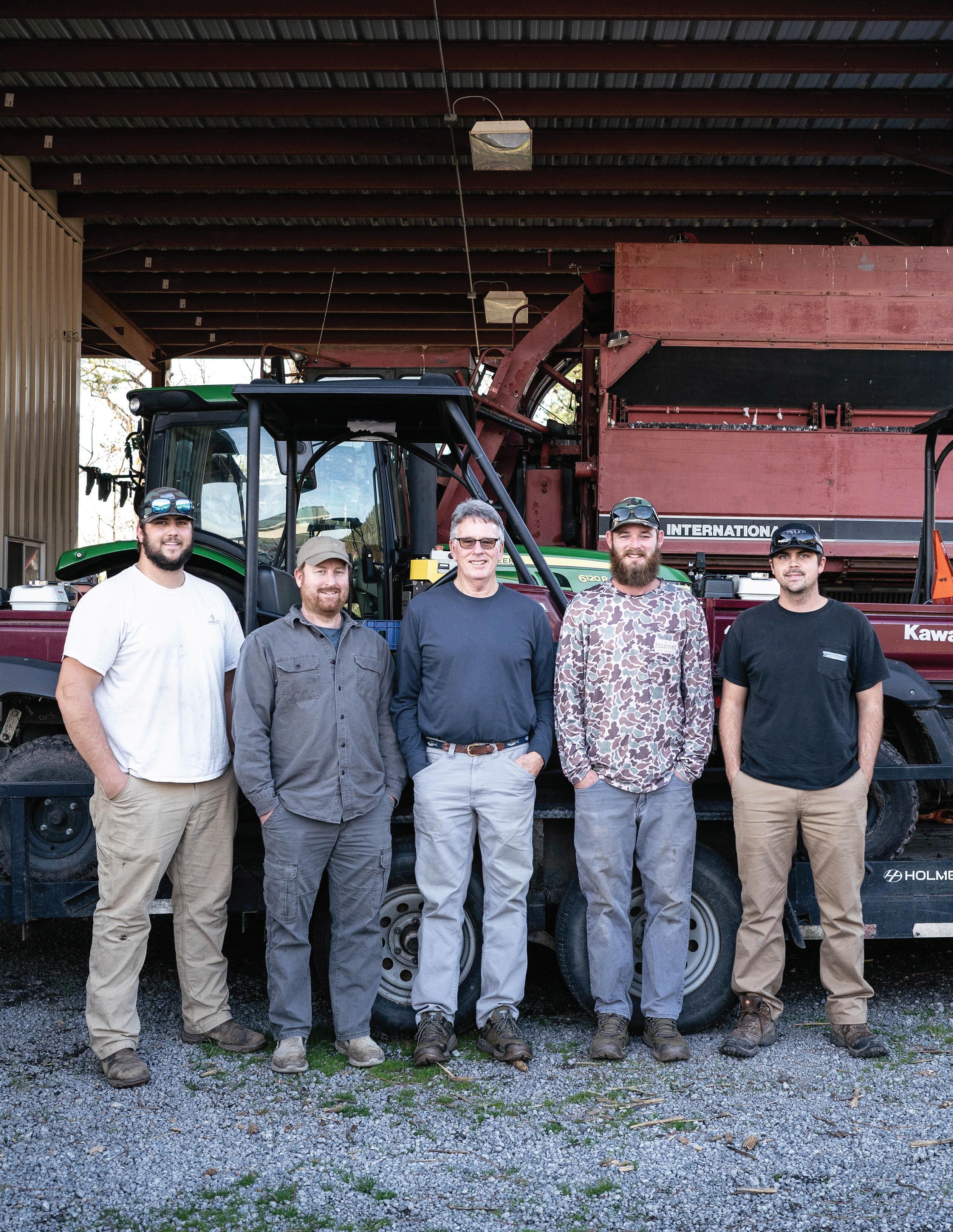










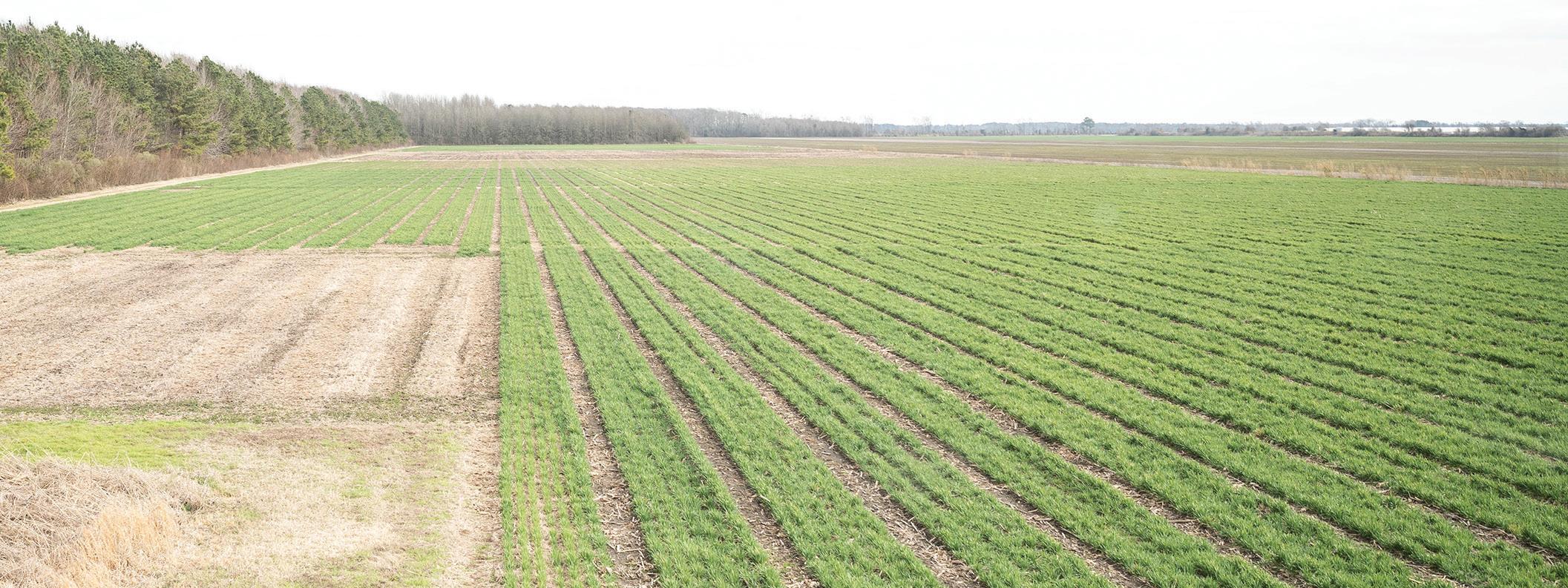 By Cassidy Nemec Editor
By Cassidy Nemec Editor
In 1984, Peele Agricultural Consulting, Inc. was launched in Beaufort, North Carolina, by Bill Peele. Later changed to IMPACT Agronomics, Inc., Peele began one of the first agricultural businesses in North Carolina for the purpose of helping growers better manage their field and farm operations.
After two years of serving three counties, the business moved north to Washington to better serve other surrounding areas. Initially starting out with soybeans, corn, wheat, cabbage, and Irish potatoes, a satellite office was opened in Camden, North Carolina, to accommodate in that area. Later, cotton, sweet corn, broccoli, snap beans, and cucumbers were added into the crop mix.
Over the years, several key agriculturalists in the area came through IMPACT. Bruce Niederhauser joined in 1989 and worked as part of the team for 14 years before starting his own consulting business. Similarly, Stan Winslow worked with IMPACT for several years before purchasing the Camden, North Carolina, office and operating on his own as Tidewater Agronomics.
By 2013, the main office was moved to the research farm located in Pantego, North Carolina, and still operates there today.

The philosophy behind IMPACT Agronomics is to be an independent, objective, unbiased, and data-driven voice in providing recommendations and operating as a whole. They utilize decades of experience and knowledge amongst themselves, university specialists, professional organizations, and product performances in their day-to-day, decision-making process.
“When we started the business in 1984, our attention was totally
grower focused to help them in their farming operations. Within the first year, there were questions that came up that we didn’t have solid answers for. We found it was necessary to begin conducting replicated trials with certain growers that would be an on-farm comparison with their equipment or test plots with the first planter we invested in — a Planet Jr.,” Peele said.
Peele said that he believes keeping up with new technology and other research factors is crucial to providing the right information to farmers.
He worked for Union Carbide conducting trials in the summers while earning his agronomy degree from NC State University. In addition, he worked for the Soils Extension Service with Dr. Jack Baird conducting fertility trials. Upon his graduation, he worked with Dr. George Niederman for two years on a tillage evaluation program. This background gave Peele significant knowledge to utilize for the
IF THERE’S A BETTER WAY, HE’LL FIND IT.





























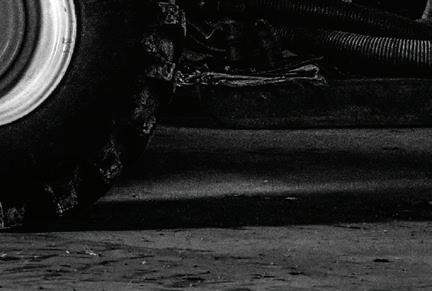



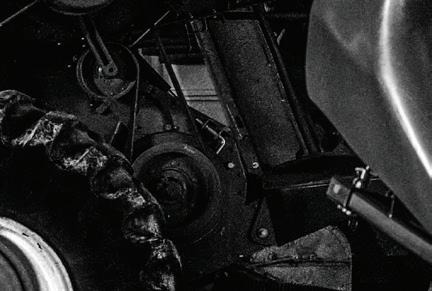
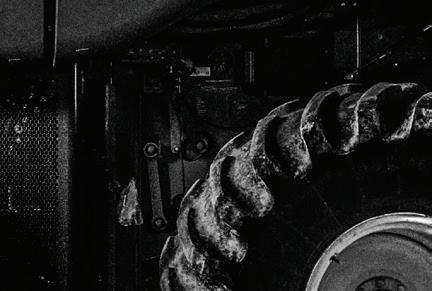
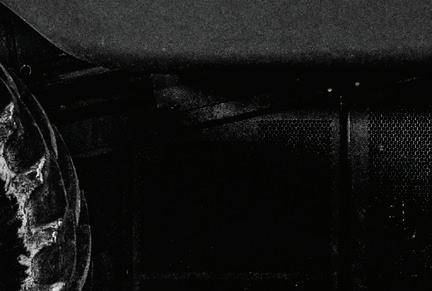
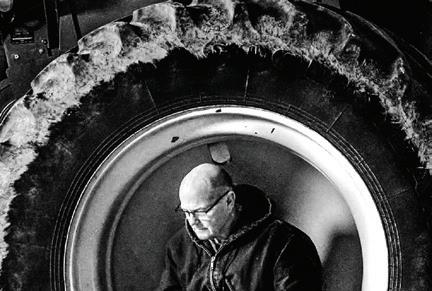
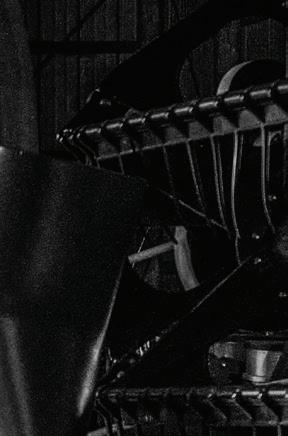

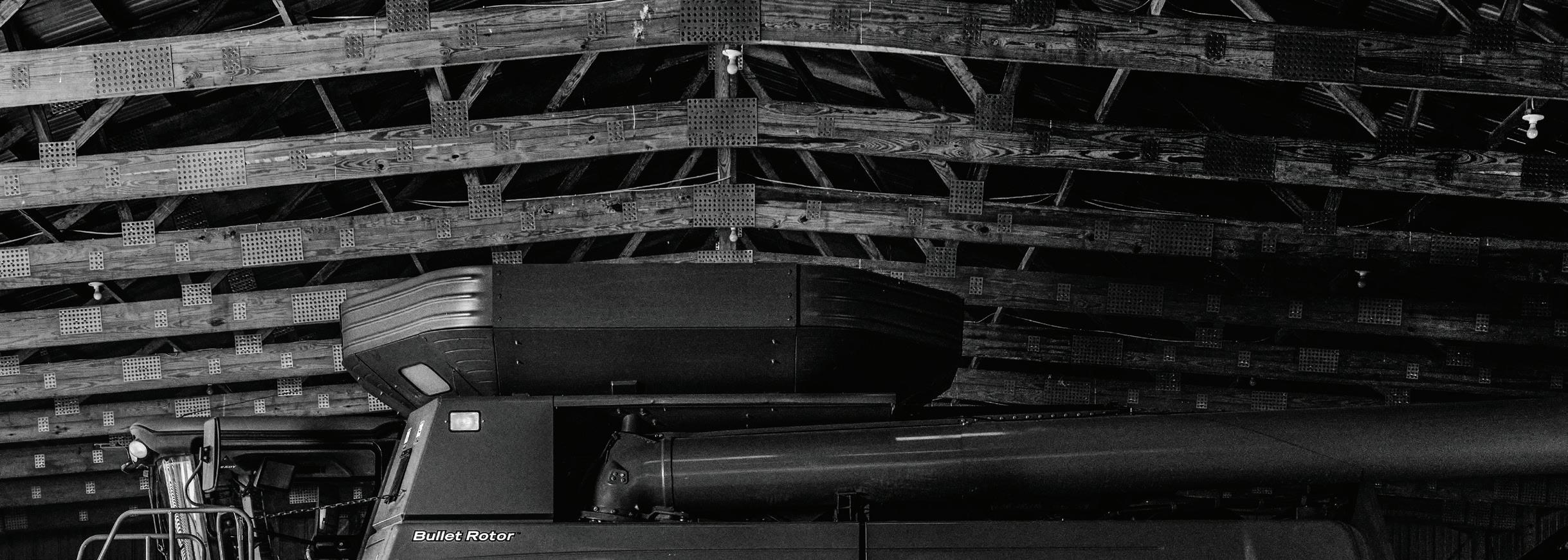
Every growing season has its challenges. Weather. Weed resistance. Razor-thin margins. So you keep an open mind and look for new ways to tackle the problem — new products, new techniques, new ideas. At UPL, we’re opening new doors to productivity with products designed to help you do more with less. Like a new solution to combat weed resistance: PREVIEW™ 2.1 SC herbicide. Or tried-andtrue workhorse products like INTERLINE® herbicide, ARGYLE® insecticide, ZOLERA® FX fungicide and more. And because we’re a global manufacturer — not just a supplier — our product formulations and dependable supply chain are second to none.
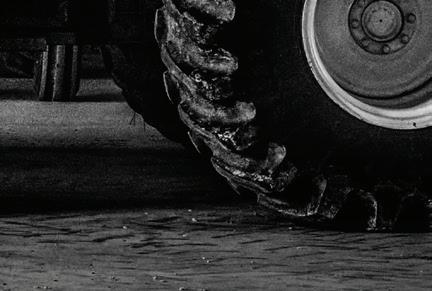

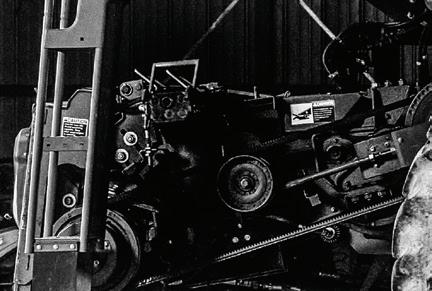


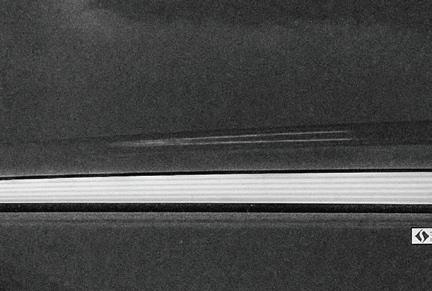
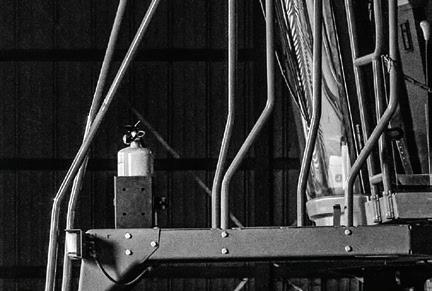
UPLSOYBEANPORTFOLIO.COM SMART SOLUTIONS FROM PREPLANT TO POSTHARVEST.

research arm of IMPACT Agronomics.
“We started with most of our trials looking at soil-applied materials, pesticides, or fertilizers. We then expanded into foliar materials like fungicides and other nutritional materials,” he said.
Peele stated they worked well with Extension and other industry professionals and the grower response was very good.
What began as some efficacy and residue trials turned into a significant contract research element of the business. From 1998 to 2006, Dr. Patrick Kennedy oversaw the contract research portion of IMPACT before he retired. Allen Hubers then picked up and saw the research activity through from 2007 to 2023, especially on the research farm IMPACT established in Pantego, North Carolina.
“To me, the most enjoyable part is having both research and consulting because they feed each other. The research helps us be better consultants, and the consulting helps us be more attune to the issues and be better researchers,” he said.
In 2017, IMPACT began their Dollar for Research program. The goal of this initiative is to look deeper at and solve local production challenges in addition to increasing profit and sustainability for growers. It began with a lot of interest from growers in fertility and variety selection and transitioned to include a growing interest in saltwater intrusion research as they are so close to the coastal environment.
Current and future research efforts are centered around determining the best use of biological inoculants for crops.
IMPACT Agronomics has determined which currently available biological inoculants are working, so the next step is to see the longer-term effects of those products, as well as their effect on cover crops and their long-term effects on soil fertility and soil health. They expect to see a shift, not away from chemical-based solutions, but maybe more to a combination of those with biological-based solutions, both in crop protection and in fertility.
“We are working on several pre and postemergence herbicide trials and are conducting a public variety trial for different soybean maturity groups (late MG 3s through MG 5s),” Peele said. “We’re looking at some nutritional products on soybeans with products versus timing on indeterminate soybeans. We will likely pick up a few nematode seed treatment trials.”
In addition to these and some biological inoculant trials for other companies, Peele said they have been working with three other consulting and research companies in Eastern North Carolina conducting research trials for the Soybean Producers Association since 2016. One current trial they have been requested to conduct in 2023 is a repeat of their 2022 trial comparing nutritional and biological enhancement products, both in-furrow and 2x2 at planting. Together, the four businesses expect their collaborative efforts to continue to grow.
Today, IMPACT Agronomics operates in four counties serving grower clients, in addition to their own variety trials and contract research efforts on their 47-acre research farm.
Their grower services include production management planning, a soil health monitoring program, in-season crop monitoring services, post-season review services and the Dollar for Research program.
The IMPACT team consists of Bill Peele, president and chief agronomist; Ben Peele, production activities manager; Quentin Van Essendelft, agronomist trainee; and Dale Peele, account manager. Austin VanStaalduinen and his brother Alex have been mainstays for seasonal work. Their cousin, Drew, will join the summer scout team this summer.
Bill Peele remarked that at the end of each day, a game plan is established for the next day.
“The assignments are divvied up according to certain responsibil-
ities. That may be spraying plots or collecting data in certain plots, making assessments or managing crews who are scouting in the summers for farmers — that’s the morning. In the afternoon, we collect the data on the field assessments and either make follow-up visits to fields or make recommendations for necessary sprays or inputs. Then we get our course of action figured out for the next day.”
Ben Peele said he knew he wanted to continue down the same path as his dad at a young age.
“I really enjoyed working outside and not being tied to a desk or one field,” he said. “You get to the point where you get tired of doing one thing but then get to switch to something else like from three months of non-stop soil sampling to getting ready for planting, for instance.”
He emphasized that there is no “typical” day at IMPACT Agronomics.
“I do a little bit of everything — maintentance man, electrician, plumber, scout, and spray operator. If you ask anyone who works on a farm, you’ll know you have to be able to do a little bit of everything and be a Jack of All Trades and Master of None — or few.”
Ben then commented that when he is not scouting he enjoys running equipment, custom spraying, and planting trials, noting the air conditioning aspects of those jobs don’t hurt.
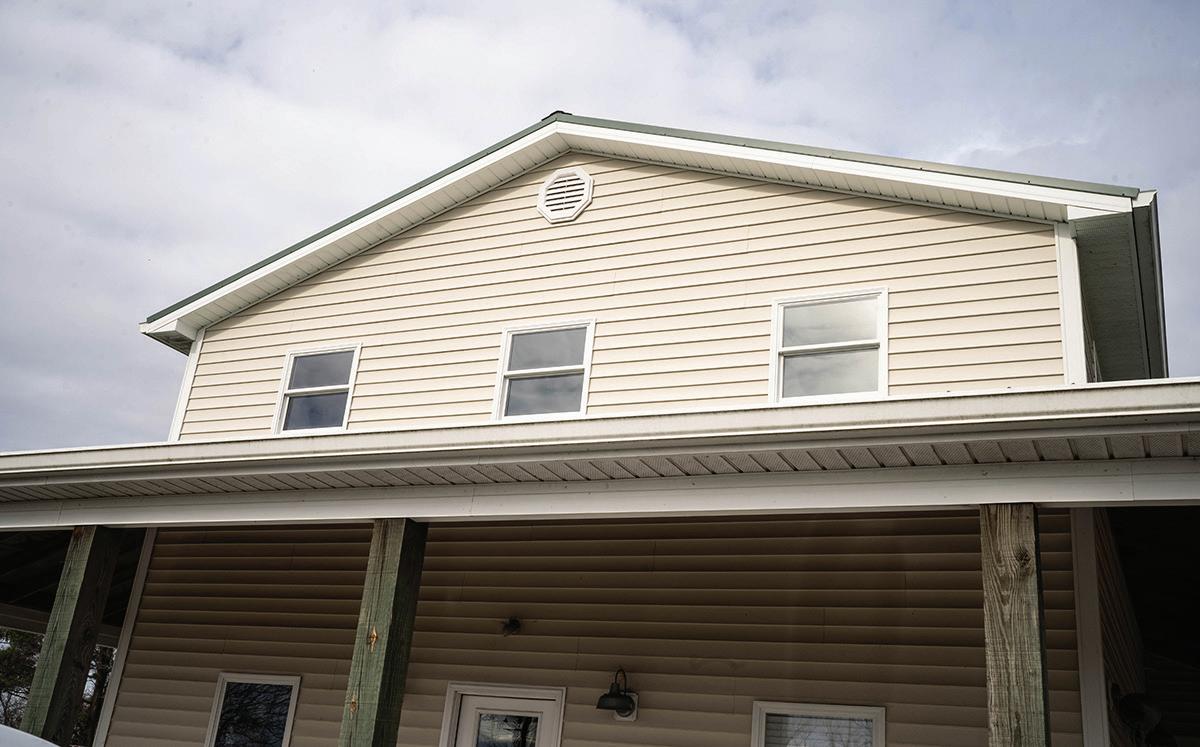
Bill said that when starting IMPACT Agronomics, they wanted to define the limiting factor in working with clients and research.
“We still do that,” he said. “One way to get better is to improve in your ability to get the job done. I see us continuing to grow in our understanding and leadership in the ag consulting and research business.”
Ben said over the years, technology has been a major change, noting precision planting and GPS as key performance improvements. He said with all the technology they have now, he hopes IMPACT is in the same place, with maybe a little more work, in the next five to 10 years.
“I think we’re in a good place.”
He then commented that a lot of his success is due to his father and work ethic he learned at a young age. “If you want something, you’ve got to work hard for it.”
Ben concluded by saying he looks forward to the challenge of the future.
“We’ve got two new guys in Quentin and Drew that will be great, and it’s both exciting and nerve-wracking to think about what is to come.”
Bill attributes his success to the grace of God, good training from his parents in ethics and hard work and the support of his wife, Dale, of almost 43 years.
“I would say that I’m a very fortunate man.”